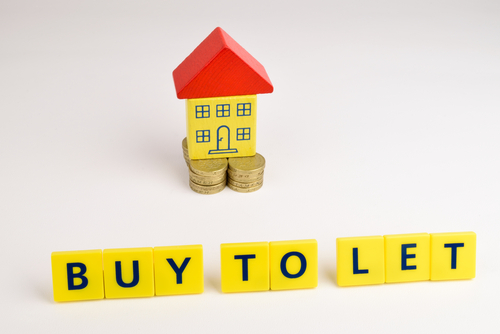The Chancellor's decision to reduce tax breaks for those who rent out a former home could leave accidental landlords facing a "substantial" tax charge.
In yesterday's Autumn Statement, George Osborne announced that owners who turned their former homes into buy-to-let investments would see their tax-free period reduced from 36 months to just 18 months when they sell.
The "hidden" change came as a shock, especially as it will hit landlords from April 2014, while the widely-predicted new CGT tax charge on wealthy foreigners was delayed until April 2015.
In another concession to foreign investors, they will only have to pay tax on future gains after that date. Buy-to-let landlords will pay tax on their full profit.
Under the CGT exemption, if a property that has been the only or main residence at any point, only the last 36 months of ownership qualify for private residence relief, and that period of ownership doesn't incur CGT.
That has now been halved to just 18 months.
CGT is charged at 18% or 28%, depending on whether people are basic rate higher rate taxpayers.
But most landlords are likely to pay the higher rate, because the gains are added to income before determining the final charge.
Shrinking the CGT break for accidental landlords has drawn less publicity than the so-called oligarch tax but should actually raise more money, an estimated £360 million between 2015 and 2019, against just £125 million for the new CGT charge on foreign property investors.
Critics say many landlords could get caught out because they won't notice what has been dubbed the "hidden amendment".
Accidental landlords who want to avoid the new tax charge will have to act fast.
Stuart Law, chief executive of Assetz, said: “Buy-to-let investors should pay heed to the hidden amendment to the CGT final exemption period. Investors could make a substantial saving by capitalising their assets in the short-term."
Lucy Brennan, private wealth group partner at accountants Saffery Champness, said: "The change to the CGT principal private residence relief final period will come as a shock for many, as this rule has long been relied on by those moving out of but who may not be in a position to sell immediately.
"In times when property prices are predicted to sharply increase, paying tax on an extra 18 months of gain could be substantial."
Other experts warned that new property taxes could follow.
Sarah Lord, managing director at Killik, said the Government is clearly trying to find ways to generate tax from property ownership.
"Reducing the final period exemption to 18 months could prove significant and this coupled with the announcement of CGT to be payable on properties owned by non-residents begs the question: is the Mansion Tax next?"














Comments